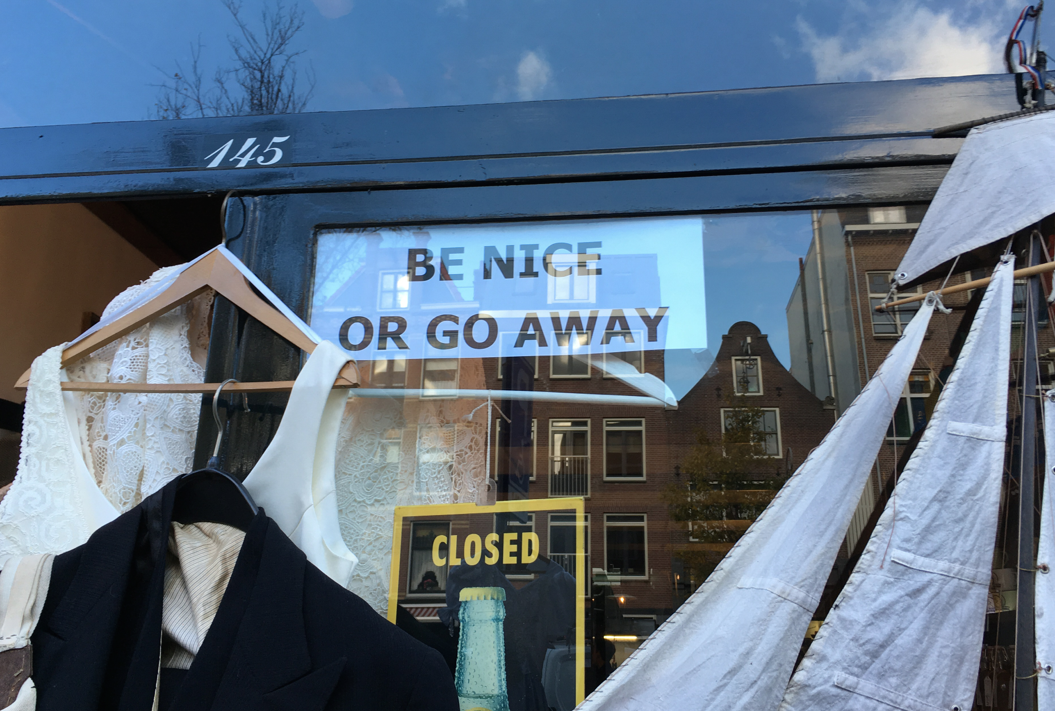Dutch “U” is politely giving way to the more familiar “jij”

More people are dropping the polite U in favour of the more familiar jij or je when addressing each other, experts claim.
“We used to have clear rules about the way we spoke to our elders and betters or managers at work,” etiquette expert Anne-Marie van Leggelo told the Telegraaf. “Now we go by instinct”, she said.
Van Leggelo said the influence of English could be hastening the demise of U with its single form of address. “And grandparents seem to be ok with that,” she said.
Dutch language expert Wouter van Wingerden said the U form should not really have a place in an egalitarian society. The Netherlands is a country that doesn’t like authoritarianism, he said. “Work floor hierarchies are disappearing. No one is more important than the rest. U, particularly among colleagues is hardly ever heard these days.”
Marketeers have taken to jijen en jouwen in their droves. Coolblue, McDonald’s and the organisation for the elderly Ouderenfonds all address their target groups informally.
“It’s part of a company’s strategy. People feel more included,” Van Leggelo said. “To say jij is refreshing while U is seen as old-fashioned and cheesy.”
Not everyone agrees, however. An attempt by Dutch railway company NS to bring in more informal communication with travellers by telling them “je kunt overstappen” in such and such a place (you can change trains) resulted in a storm of criticism.
Older travellers, in particular, thought the new approach was too familiar, Van Leggelo said. NS promptly switched back to U.
Thank you for donating to DutchNews.nl.
We could not provide the Dutch News service, and keep it free of charge, without the generous support of our readers. Your donations allow us to report on issues you tell us matter, and provide you with a summary of the most important Dutch news each day.
Make a donation